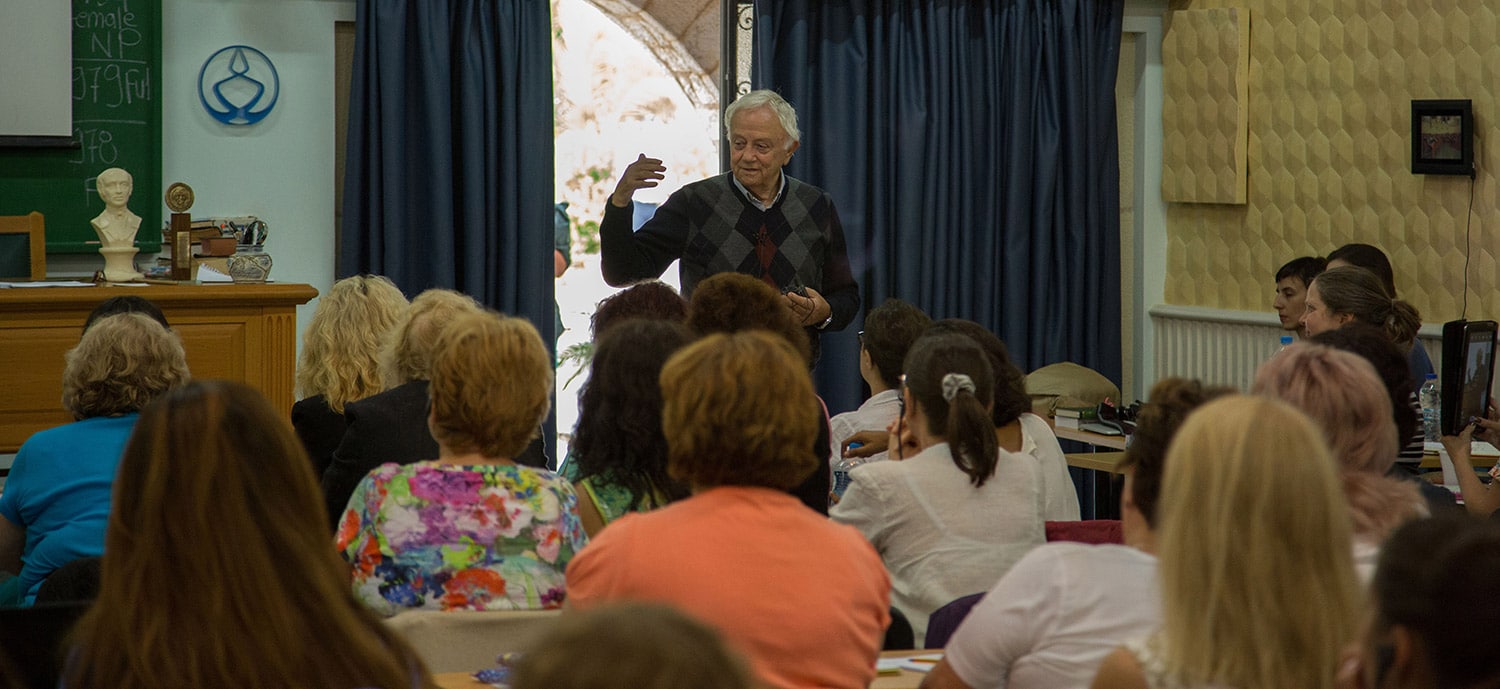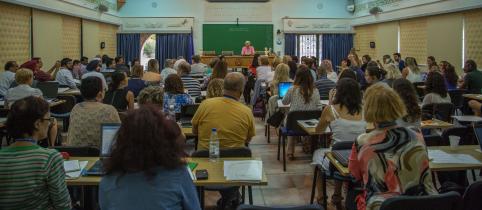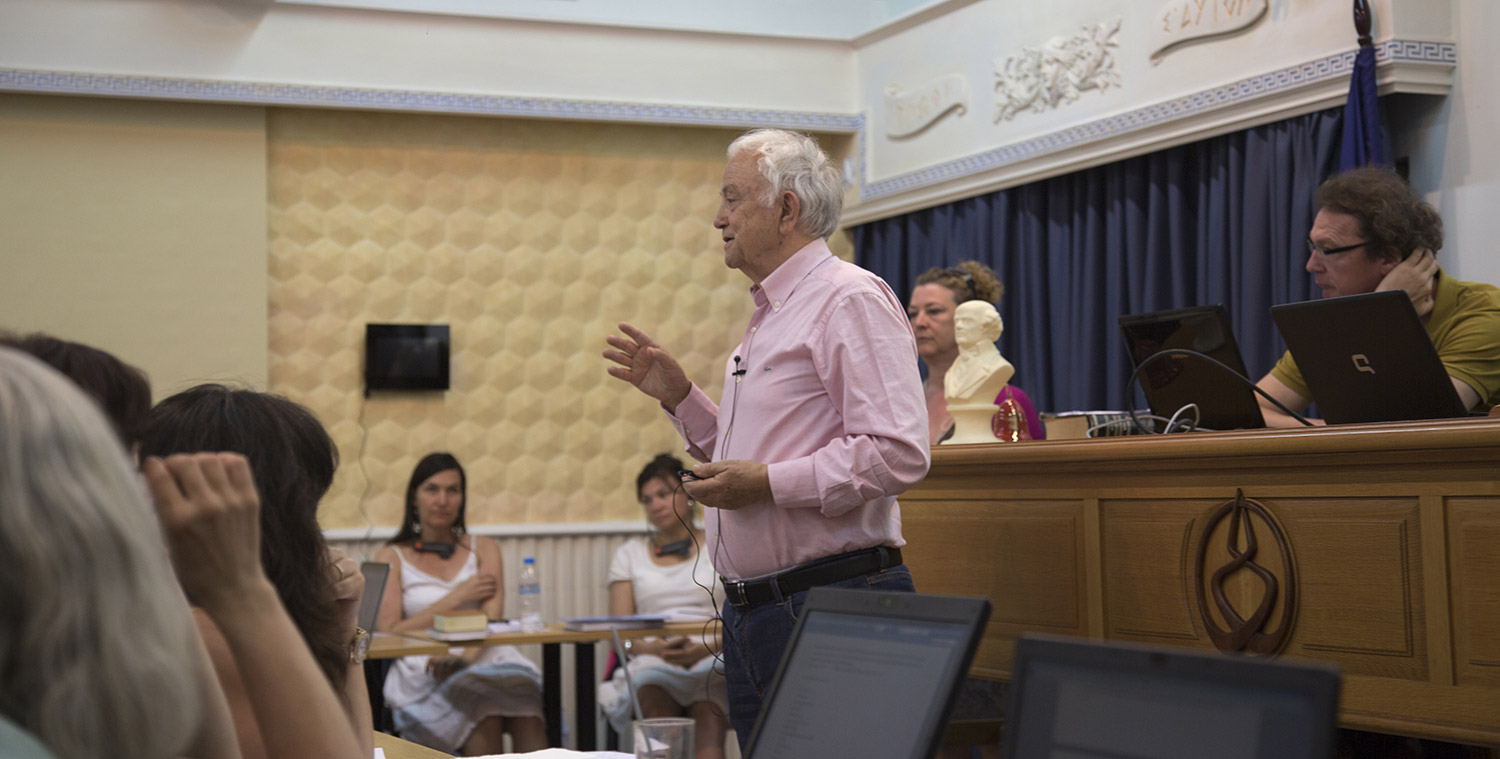The controversy over the spin of electrons and their role in explaining the mechanism of action of the potentized homeopathic remedy has become a matter of debate after the publication of the paper “The Spin of Electrons and the Proof for the Action of Homeopathic Remedies”, by Professor George Vithoulkas and Dr Camelia Berghian-Grosan in the Journal “Medicine and Life”.
https://medandlife.org/wp-content/uploads/4.-jml-2020-0140.pdf
Some fast-thinking minds have expressed their reservations, in no uncertain terms, that this hypothesis cannot stand. Therefore we attach herewith, for your perusal, the following papers which show the advanced technologies that currently exist for measuring the changes in the spin of electrons and also that these changes may coincide to a particular state of pathology of the organism.
https://www.sciencedirect.com/science/article/abs/pii/0022309388902098
https://link.springer.com/article/10.1007/BF03023765
https://europepmc.org/article/med/13980661
https://www.riken.jp/en/news_pubs/research_news/pr/2020/20200303_2/index.html
In conjunction with these facts, we advanced the hypothesis that in a novel experiment we may now also be able to see a change in the spin of electrons at the very moment a patient ingests the correct homeopathic remedy.
There is a great possibility that such an exacting and accurate experiment could be successful and thus any and all controversies over homeopathy’s mechanism of action would be over.
Due to the fact that in this debate the issue of nanoparticles was also raised, we feel obliged to state that nanoparticles could not possibly constitute a solution for this problem. Nanoparticles, even though they are so extremely minute, are nonetheless still material entities (even the most minute entity is a cluster of atoms); whereas, on the contrary, a highly potentized remedy is a unique form of pure energy, possibly of an electromagnetic nature.
The main point is that the open discussion for the explanation of the action of the homeopathic remedy has started and we hope that certain international centers of physics will take up the challenge.
Professor George Vithoulkas
11 October 2020



